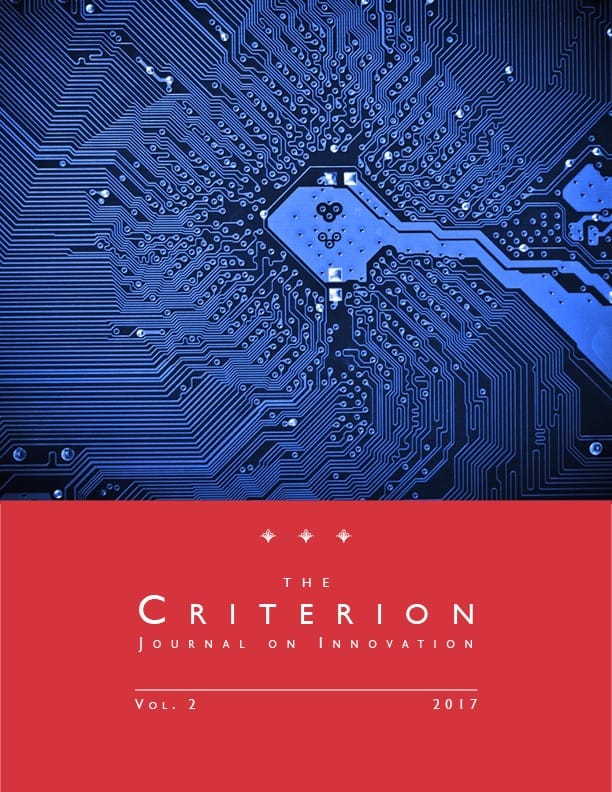Did Asymmetric Mobile Termination Rates Help Entrants Gain Market Share?
J. Gregory Sidak, Andrew P. Vassallo & Leonard Sabetti
Purchase a reprint version of the Article (Amazon)
|
Read the Article (PDF)
|
Download the Article (PDF)
Download the Article (PDF)
Regulators in many countries have asserted that setting asymmetric mobile termination rates (MTRs) between the incumbent mobile telephony operator and its smaller rivals is an efficacious means by which to help entrants attain efficient scale. We investigate empirically the efficacy of this policy experiment using data from a global sample of 34 countries from 1996 through 2014. We estimate a model that relates operators’ long-run market shares to initial entry conditions and the degree of asymmetry among MTRs using an instrumental variables (IV) strategy. The estimates imply that a high degree of asymmetry among MTRs lowers an entrant’s long-run market share by roughly 4 percentage points compared with a regime of symmetric MTRs, and the effect is roughly constant across market penetration levels. Furthermore, mobile operators tend to perform better when entering markets with higher levels of concentration and lower levels of market penetration. Our novel findings cast doubt on the efficacy of imposing asymmetric MTRs as a means to achieve greater equality of competitive outcomes. Our findings inform the larger body of theoretical literature on the pricing of interconnection and network access.

Cite as
J. Gregory Sidak, Andrew P. Vassallo & Leonard Sabetti, Did Asymmetric Mobile Termination Rates Help Entrants Gain Market Share?, 2 Criterion J. on Innovation 701 (2017).
J. Gregory Sidak is the chairman of Criterion Economics. He testifies as an expert economic witness in complex business disputes throughout the Americas, Europe, Asia, and the Pacific, and he has twice served as Judge Richard Posner’s court-appointed neutral economic expert on patent damages. Sidak held the Ronald Coase Professorship of Law and Economics at Tilburg University in The Netherlands and the F.K. Weyerhaeuser Fellowship in Law and Economics at the American Enterprise Institute for Public Policy Research. He has also been a senior lecturer at the Yale School of Management and a visiting professor at Georgetown University Law Center. Sidak received A.B. and A.M. degrees in economics and a J.D. from Stanford University. He was Judge Posner’s first law clerk, served on the senior staff of the Council of Economic Advisers in the Executive Office of the President, and was deputy general counsel of the Federal Communications Commission. Sidak has published six books and roughly 200 articles or book chapters. The Supreme Court of the United States, the Supreme Court of Canada, the European Commission, state supreme courts, the U.S. Courts of Appeals, and many other courts and regulatory bodies have cited his writings approvingly.
Andrew P. Vassallo is an assistant professor of economics at Shippensburg University. He holds a Ph.D. in Economics from Rutgers University, specializing in Industrial Organization and Microeconomic Theory. He also holds a J.D. from George Mason University, where he was a Robert A. Levy Fellow in Law and Liberty. He has published articles that analyze regulated industries, including telecommunications. He also has consulting experience related to telecommunications markets in North America, South America, and Europe.
Leonard Sabetti was formerly a consultant with Criterion Economics and has published articles on Economics of Payments and Innovation. He holds degrees in Economics from McGill University and Indiana University.

